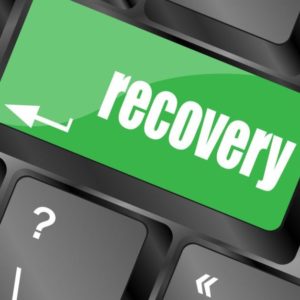Dear Shrink,
I’m a 22-year-old gay male and I’m a little too deep into election news. I can’t get enough of the news, information online, and newspaper and magazine articles. I follow the polls like a stalker, hoping that my favored candidate is ahead. If we get another anti-gay President, I’m going to scream. How do I deal with my election obsession?
Finding Mr. Right in Gay Men’s Dating: The Six Lights Theory
In my private practice as a psychotherapist, I work frequently with gay couples seeking conjoint therapy to address a variety of challenges in their relationships. In my practice in therapy for gay men since 1992, I have come to notice certain consistent patterns in what drives conflict between either long-term couples, or couples who recently … Read more









